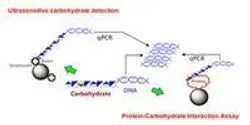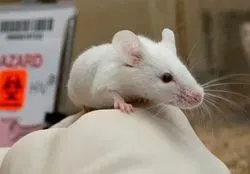Biological Sciences

This Application Note will demonstrate the extraction of 1,4-Dioxane from an aqueous matrix using Option 1 of EPA Method 522 for 500 mL initial volume sample. It will make use of the SmartPrep Cartridge Extraction System to produce a valid Initial Demonstration of Precision (IDP) and Initial Demonstration of Accuracy (IDA).

Choosing an in vitro model system that faithfully represents the natural physiology of the cell being studied is fundamental to understanding its in vivo function. Cultures of primary cell isolates retain their physiology and karyotype after isolation, but cultures may be difficult to prepare and are susceptible to contamination.

While medicine has treated bacterial infections in one of two ways— either killing the tiny organisms or slowing down their growth— doctors may soon have yet another weapon in the fight against pathogenic bacteria.


Researchers at Rensselaer Polytechnic Institute have developed an ultrasensitive method for detecting sugar molecules — or glycans — coming from living organisms, a breakthrough that will make possible a more detailed understanding of cellular functions than either genetic or proteomic (the study of proteins) information can provide.











